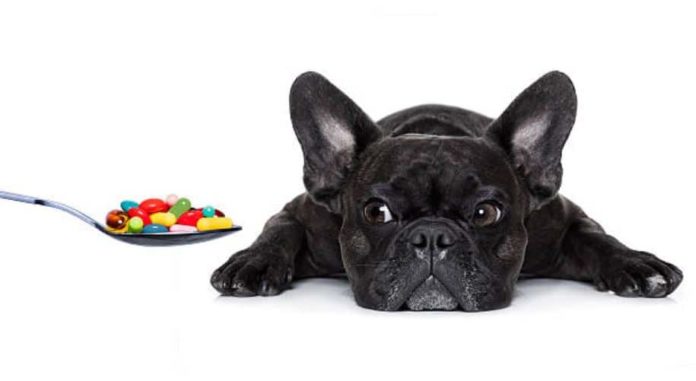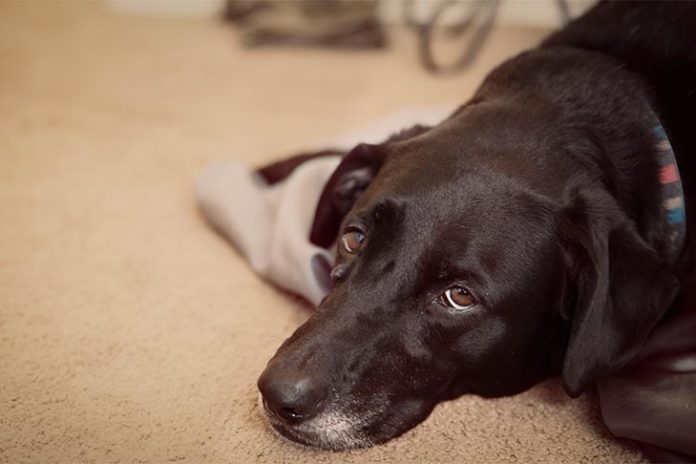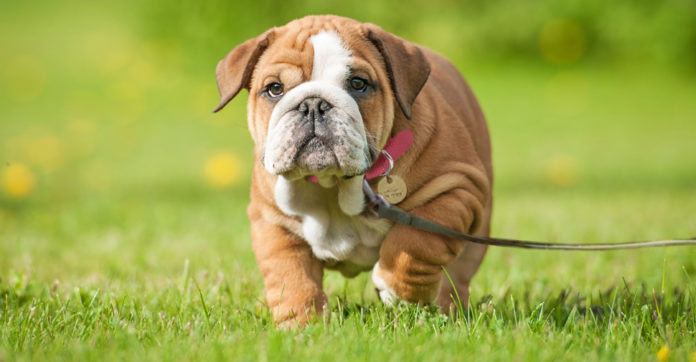Shivers are involuntary muscular tensions that only conscious living beings experience. They can have various origins, from mild to severe. There are two types of shivers: those present only when muscles are solicited, and those that are visible even when muscles are resting.
10. Too many emotions
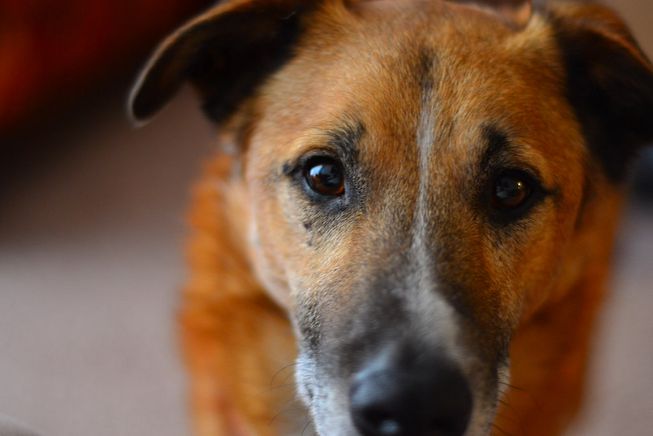
A shivering dog is most of the time experiencing too many emotions, such as fear, stress and anxiety. Generally speaking, these shivers should stop when you comfort your dog.
9. Cold temperature

Just like us, dogs shiver to warm up when it’s cold. When dogs are falling asleep, they may also be shivering, since body temperature typically lowers during this period. While this natural reaction is impressive, it is natural and without any consequences.
8. Your dog is tired or hurt

If your dog is shaking, it could also be because it is tired. Moreover, your dog could also be experiencing a physical trauma, like a fall or a shock. Take care of your dog: is it in good shape? Did it have a long and tiring day? To know, delicately pet your dog everywhere and look out of abnormal reactions that could be a telltale sign it’s hurt.
7. Is your dog young, white and small?

If you have a young Maltese or West Highland White Terrier shivering a lot, don’t worry. Shivering is very common among these breeds. In fact, small white dogs are predisposed to “White dog shaker syndrome”. That’s why your dog may shiver when it’s stressed or when you take it in your arms from the ground. Don’t worry though, because symptoms should stop when your dog has reached three years of age. You could also see the veterinary to get a prescription for your dog if it’s not the case.
6. Is your dog tall?

Furthermore, if your dog is a Danish, an English Mastiff or another tall breed, shivering is a natural occurrence.
5. Is your dog old?
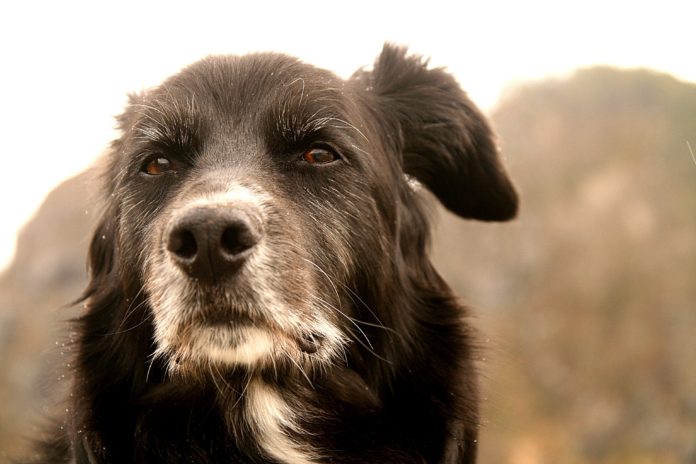
Ageing bodies weaken, noticeably on muscular and articulary levels. Old dogs often suffer from muscle atrophy in their lower limbs. When standing, that would explain why they are shaking. Sitting and resting are therefore the only ways to relieve your dog.
3. Your dog is intoxicated

Here are some of the things your dog may have ingested causing shivers: insecticides, pesticides, chocolate, caffeine, amphetamines, nicotine, nutmeg, oil-based products, antifreeze.


![[Photos] Why WD-40 Is Magic In Your Garden?](https://lifetonik.com/wp-content/uploads/sites/7/2019/08/WD40-Prices-Highres_Page_8_Image_0008-218x150.jpg)
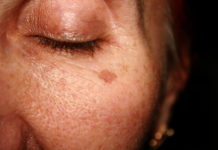




![[Photos] Take A Look Of The Obama’s New Home Before It’s Banned](https://lifetonik.com/wp-content/uploads/sites/7/2019/07/Obama1-218x150.jpg)

![[Slideshow] Celebrity Homes: 21 Of The Most Luxurious](https://lifetonik.com/wp-content/uploads/sites/7/2019/07/Taylor-Swift-218x150.jpg)
![[Slideshow] More Parents Are Now Gluing Pennies to the Bottom of their Kid’s Shoes](https://lifetonik.com/wp-content/uploads/sites/7/2019/07/Keep-Them-Entertained-218x150.jpeg)
![[Photos] 20 Fashion Mistakes That Too Many Women Make!](https://lifetonik.com/wp-content/uploads/sites/7/2019/07/5-style-mistakes-that-make-you-look-frumpy-featured-218x150.jpg)











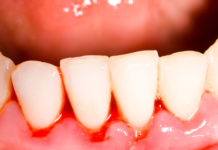







![[Gallery] 25 Discounts For Seniors To Which You Are Entitled Without Knowing It](https://lifetonik.com/wp-content/uploads/sites/7/2019/08/EAZxECUXUAAvNZR-218x150.jpg)
![[Slideshow] Here’s the salary of every governor in the United States](https://lifetonik.com/wp-content/uploads/sites/7/2019/08/Charlie-Baker-218x150.jpg)
![[Photos] No One Will Want To Buy This House After Seeing These Pictures](https://lifetonik.com/wp-content/uploads/sites/7/2019/08/terrible-real-estate-photos-2-5c35e727c9f95__700-218x150.jpg)

